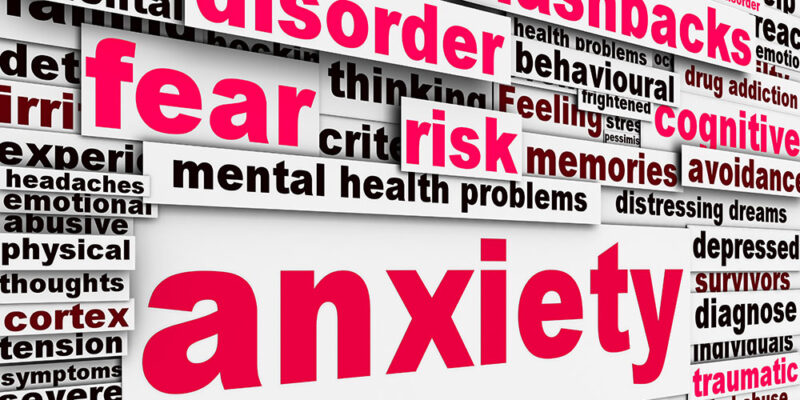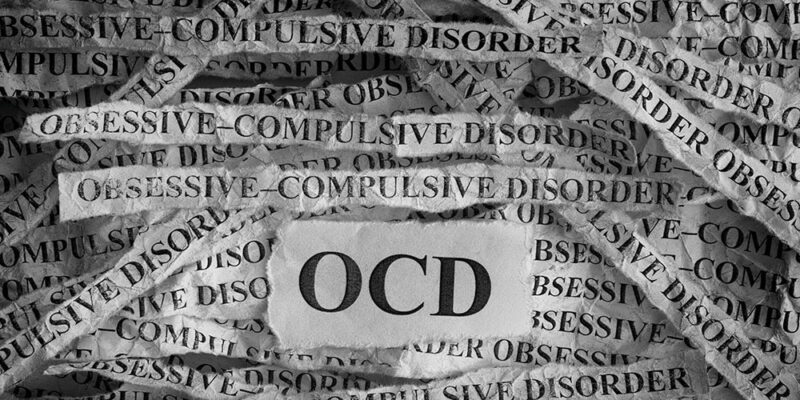Postpartum depression is not only for women. When talking about postpartum phenomena, everyone is sure that the symptoms harm only women, but it is not true. Statistics show that fathers after birth are also vulnerable, and that the condition affects about 10% of fathers.
The primary reasons there is less awareness about paternal depression, despite its prevalence, is because it is often undiagnosed. It is hard for fathers to admit that they are experiencing changes in their mood. Many times their wives and those around them are not aware “that they are going through something”.
There is a social stigma in which depression is considered primarily a female disease. Men who have feelings of despair and hopelessness, and cannot overcome them alone are often mistakenly viewed as not masculine enough, and emotional and feminine. Consequently many men prefer to keep quiet about their feelings and symptoms and choose not to involve those around them, which makes it difficult to diagnose the phenomenon.
The additional difficulty in identifying this condition is related to the symptoms of depression and how men cope during this period. Many men experience “depression without sadness” and men in a state of depression are completely different from their female counterparts. When men are depressed, they usually display their distress in other ways-such as distancing, emotional detachment, irritability, and behavioral disquiet. They can also display alienation, anger and anxiety, physical discomfort, insomnia, lesser energy and low self-confidence. This in turn leads to frustration and despair, and feelings of failure.
Overall, men tend to deal with depression differently than women. Instead of settling in and closing in, men may act recklessly or develop obsessive interest in a job or new hobby. Instead of crying, men can resort to violent behavior. Instead of sinking into the depths of despair, men tend to turn to other dangerous and impulsive behaviors.
Such behavior is often not easy to identify with depression, and is often ignored by those around them. It even often results in woman having an angry reaction to the husband’s behavior – instead of realizing that he is going through a difficult period and he needs her help.
In families where there is a tendency towards violence by the husband, the postpartum period is a high-risk time and more prone to conflict.
Why depression must be treated
As soon as there are any signs of symptoms it is very important to seek help for the purpose of diagnosis and to ensure that he receives treatment as soon as possible because the mental state of the new husband / father has many implications on the whole family.
These implications can have a decisive impact on the future of the family structure and relationships. Depression also has a direct effect on the baby’s normal development on three levels – physically, emotionally and cognitively.
The benefit of early diagnosis and immediate treatment is that treatment is more effective and can be over a shorter period: The milder the symptoms, the shorter and more efficient the treatment.
Risk Factors
There are several risk factors that cause postpartum depression in men
The beginning of parenthood is a period of stress that is extraordinarily powerful. The father is supposed to start functioning as an actual father and not just in theory. Amongst other things, he asks himself whether he is at all qualified to be a parent, is he able to raise the child properly and become a father, does he have the financial ability to raise a child and to finance his entire household etc.
The new father also has to contend with the fact that he is no longer his wife’s main or only priority, and therefore the attitude toward him is not as before. The mother becomes fully absorbed with the baby, feeding, soothing, bathing etc., and this shift in dynamics can seriously harm the relationship between the couple.
The increased involvement of family members to help the new mother often comes at the expense of the regular household routine, and it may add stress instead of easing the situation. While the woman sees their presence as vital and helpful, the husband often sees their presence as disruptive and as an invasion of his private space.
Treatment of postpartum depression in men
If there is no early prevention, or early prevention fails, and the husband enters a period of isolation, nervousness and alienation which persists for about three months, it should be treated. If it harms and has an impact on the couple’s relationship it is necessary to seek psychological assistance.
Just as the symptoms of depression differ between men and women, so too does the treatment protocol. While treatment for postpartum depression in women sometimes includes the use of psychiatric drugs, in men the primary treatment is emotional therapy. It is employed to help the new father overcome the difficulties that arise from birth or to overcome and resolve depression.
It is important to emphasize that the three months following birth are difficult for each couple, and the couple’s adjustment process is not simple. Differences of opinion and conflicts are legitimate responses. However, if the situation worsens or even remains six months after birth, and “things do not work out” between the couple, or there is a lack of connection between father and infant – then it can be said that the situation is not normal, and there is a need to seek professional psychological help.
It is important to remember that the journey is paved with ups and downs, and today there are many and varied solutions available, and one can get out of it.
How to prevent the development of postpartum depression in men
It is recommended to prepare and guide the prenatal couple.
Training should include the following topics:
- Clarifying the changes that are due to occur after birth
- Responsibility – Is the baby the responsibility of the mother alone or is he also the father’s responsibility
- Division of duties – Who gets up to a crying baby at night?
- Economic planning – Preparing for extras that will come after the birth
- Defining new roles at home
If these discussions are not pleasant, and regularly cause tensions and quarrels, this can signify deeper issues, and there may be a need for the couple to seek more in-depth marital therapy.
 ניצה
ניצה




